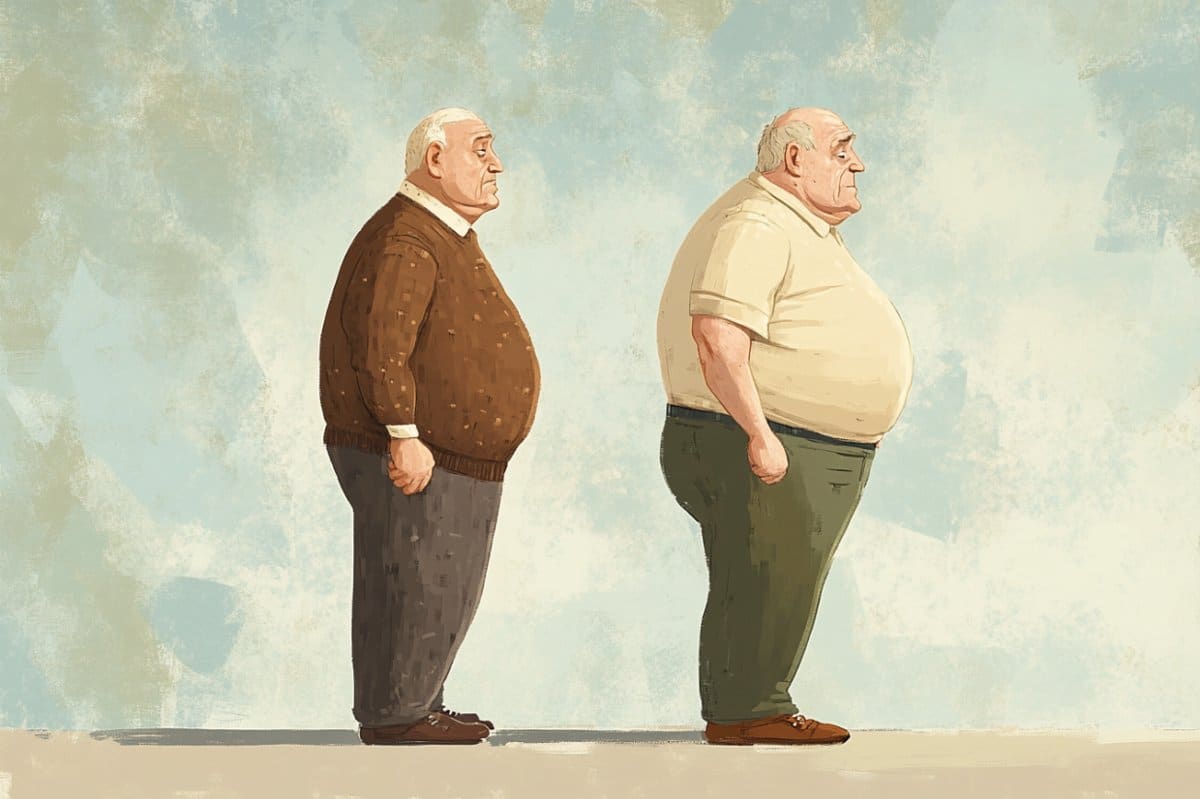Summary: Not everyone remembers their dreams, and a new study reveals why. Researchers found that dream recall is most strongly influenced by a person’s attitude toward dreams, their tendency to mind-wander, and specific sleep characteristics.
People who value dreams more, daydream frequently, and experience longer sleep with less deep sleep are more likely to remember their dreams. These findings underscore the complex relationship between sleep, memory, and our waking thoughts.
Key Facts:
- Attitude Matters: Valuing dreams is linked to more frequent recall, though not necessarily better content memory.
- Mind Wandering Link: Frequent daydreamers tend to recall dreams more often, suggesting a shared mental process.
- Sleep Pattern Influence: Longer sleep duration with less deep sleep boosts dream recall; winter months see lower recall rates.
Source: BIAL Foundation
Although almost everyone dreams, the ability to recall these experiences varies significantly between individuals. Research has sought to better understand this phenomenon by analysing the factors influencing dream recall.
The results indicate that three main factors determine whether a person will remember their dream upon waking: attitude towards dreams, tendency to mind wandering, and sleep patterns.
Dreams can be defined as subjective conscious experiences generated by our brain during sleep when we are significantly (although not totally) disconnected from the external environment.
These dream experiences draw on previously acquired memories and beliefs and therefore have relevant aspects of continuity with the thoughts, concerns, and salient experiences of our waking self.
While scientific evidence suggests that most people dream during sleep and do so for a large part of the night, dream recall already seems to show large interindividual variability.
Although several studies have indicated female gender, younger age, a positive attitude towards dreaming, frequent daydreaming, and fantasy proneness as factors associated with a higher dream recall frequency, other investigations produced partially inconsistent or even contradictory results.
With the support of the BIAL Foundation, Giulio Bernardi (IMT School for Advanced Studies Lucca, Italy) coordinated a study that sought to better understand this phenomenon by analysing the factors that influence dream recall.
To do this, the team used a multimodal database that collected, between 2020 and 2024, dream reports, personal characteristics, and cognitive, psychometric, and neurophysiological measures in 217 healthy adults (18-70 years old, 116 females, 101 males).
The article The individual determinants of morning dream recall, published in February in the journal Communications Psychology, revealed the results of the research, pointing to three main factors that determine whether a person wakes up with the memory of the dream experience: the attitude towards dreams, the tendency to mind wandering, and sleep patterns.
Regarding attitude towards dreams, the results indicate that people who attribute greater significance to dreaming are more likely to report the experience of dreaming upon waking, but this heightened interest does not necessarily enhance their ability to remember the content of their experience.
Of note, although frequent dream recall may foster an interest in the meaning or significance of dreams, the direction of causality remains unclear.
The tendency to mind wandering emerges in this study as a robust positive predictor of dream recall. The association between mind wandering, so-called ‘daydreaming’, and observed dream recall may indicate a greater propensity to spontaneously generate dream-like experiences, regardless of external stimuli and vigilance states.
The study also revealed that dream recall seems to be influenced by sleep patterns, i.e., individuals who typically have long sleep episodes, coupled with a low proportion of deep sleep, show a greater probability of dream recall compared to those experiencing shorter.
This phenomenon also shows seasonal fluctuations, with dream recall typically being lower during Winter than during Spring and Autumn.
In addition to these factors, individual differences in the ability to recall dream content depend on vulnerability to interference and age. Ageing can be associated with changes in sleep patterns – particularly a decrease in long and light sleep periods – which can affect dream recall processes.
“This research reinforces the idea that dreams are shaped by inter- and intra-individual factors, which opens up new perspectives for understanding their connection with memory and the human mind”, says Giulio Bernardi, emphasising that “the study of dreams is essential as it is known that they play an essential role in learning, in the memory consolidation and even in our mental and physical health”.
About this dream recall and neuroscience research news
Author: Giulio Bernardi
Source: BIAL Foundation
Contact: Giulio Bernardi – BIAL Foundation
Image: The image is credited to Neuroscience News
Original Research: Open access.
“The individual determinants of morning dream recall” by Giulio Bernardi et al. Communications Psychology
Abstract
The individual determinants of morning dream recall
Evidence suggests that (almost) everyone dreams during their sleep and may actually do so for a large part of the night. Yet, dream recall shows large interindividual variability.
Understanding the factors that influence dream recall is crucial for advancing our knowledge regarding dreams’ origin, significance, and functions.
Here, we tackled this issue by prospectively collecting dream reports along with demographic information and psychometric, cognitive, actigraphic, and electroencephalographic measures in 217 healthy adults (18–70 y, 116 female participants, 101 male participants).
We found that attitude towards dreaming, proneness to mind wandering, and sleep patterns are associated with the probability of reporting a dream upon morning awakening.
The likelihood of recalling dream content was predicted by age and vulnerability to interference.
Moreover, dream recall appeared to be influenced by night-by-night changes in sleep patterns and showed seasonal fluctuations.
Our results provide an account for previous observations regarding inter- and intra-individual variability in morning dream recall.





